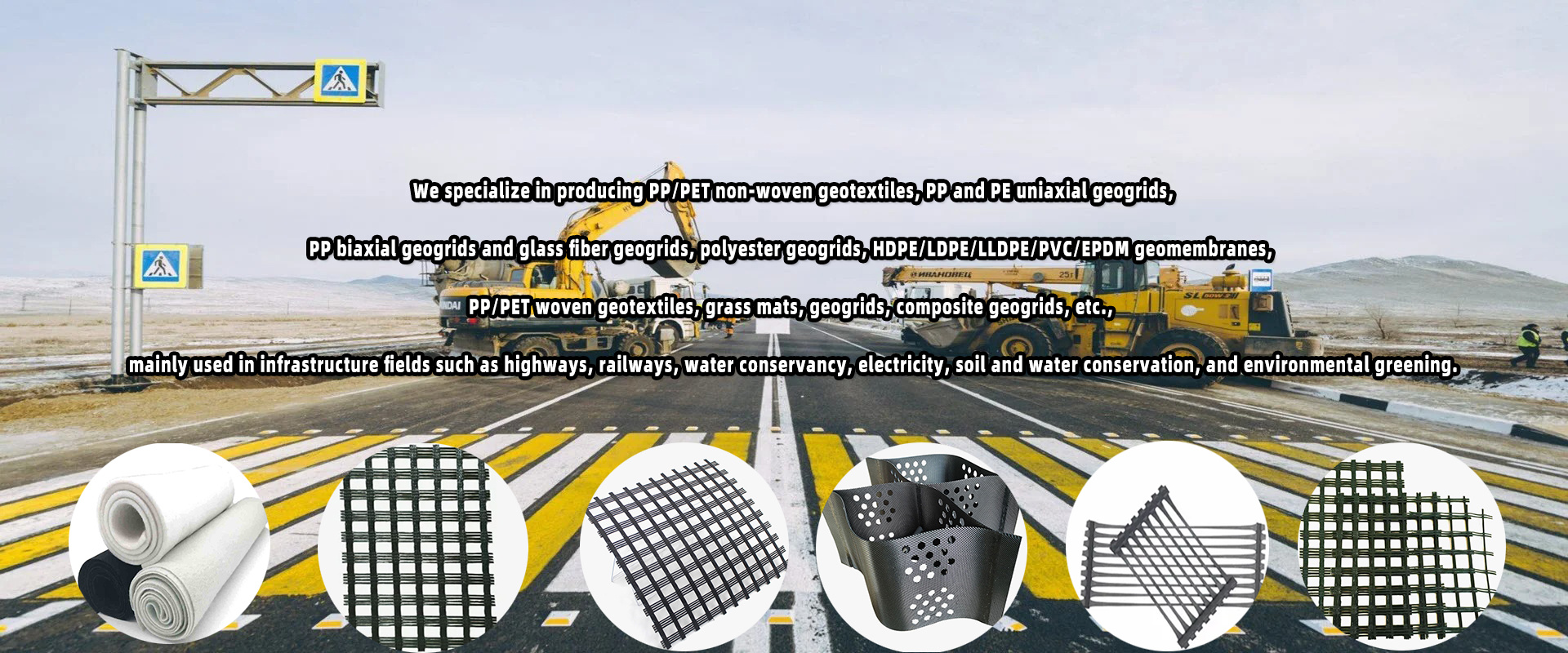"Polyester vs. Polypropylene: Choosing the Best Non-Woven Geotextile for Your Project"
Release time:
2024-09-23
Polyester and polypropylene non-woven geotextiles are both commonly used in civil engineering and construction projects, but they have some key differences that set them apart.
Polyester is a synthetic fiber made from a type of polyester known as polyethylene terephthalate (PET). It is known for its high strength and durability, making it ideal for applications where long-term performance is essential. Polyester geotextiles are resistant to UV degradation and chemical exposure, making them suitable for use in a wide range of environmental conditions.
On the other hand, polypropylene is a synthetic fiber made from a type of thermoplastic polymer known as polypropylene. Polypropylene geotextiles are lighter in weight and more cost-effective than polyester geotextiles. They are also known for their high tensile strength and puncture resistance, making them suitable for use in applications where soil stabilization and reinforcement are required.
In terms of physical properties, polyester geotextiles typically have a higher tensile strength and puncture resistance than polypropylene geotextiles. This makes them more suitable for applications where high strength and durability are required, such as in road construction, erosion control, and drainage systems.
Polypropylene geotextiles, on the other hand, are more commonly used in applications where cost-effectiveness and lightweight are important factors. They are often used in temporary applications such as landscaping, temporary road construction, and filtration.
In summary, while both polyester and polypropylene geotextiles are commonly used in construction and civil engineering projects, they have distinct differences in terms of strength, durability, and cost-effectiveness. The choice between the two will depend on the specific requirements of the project and the environmental conditions in which they will be used.




